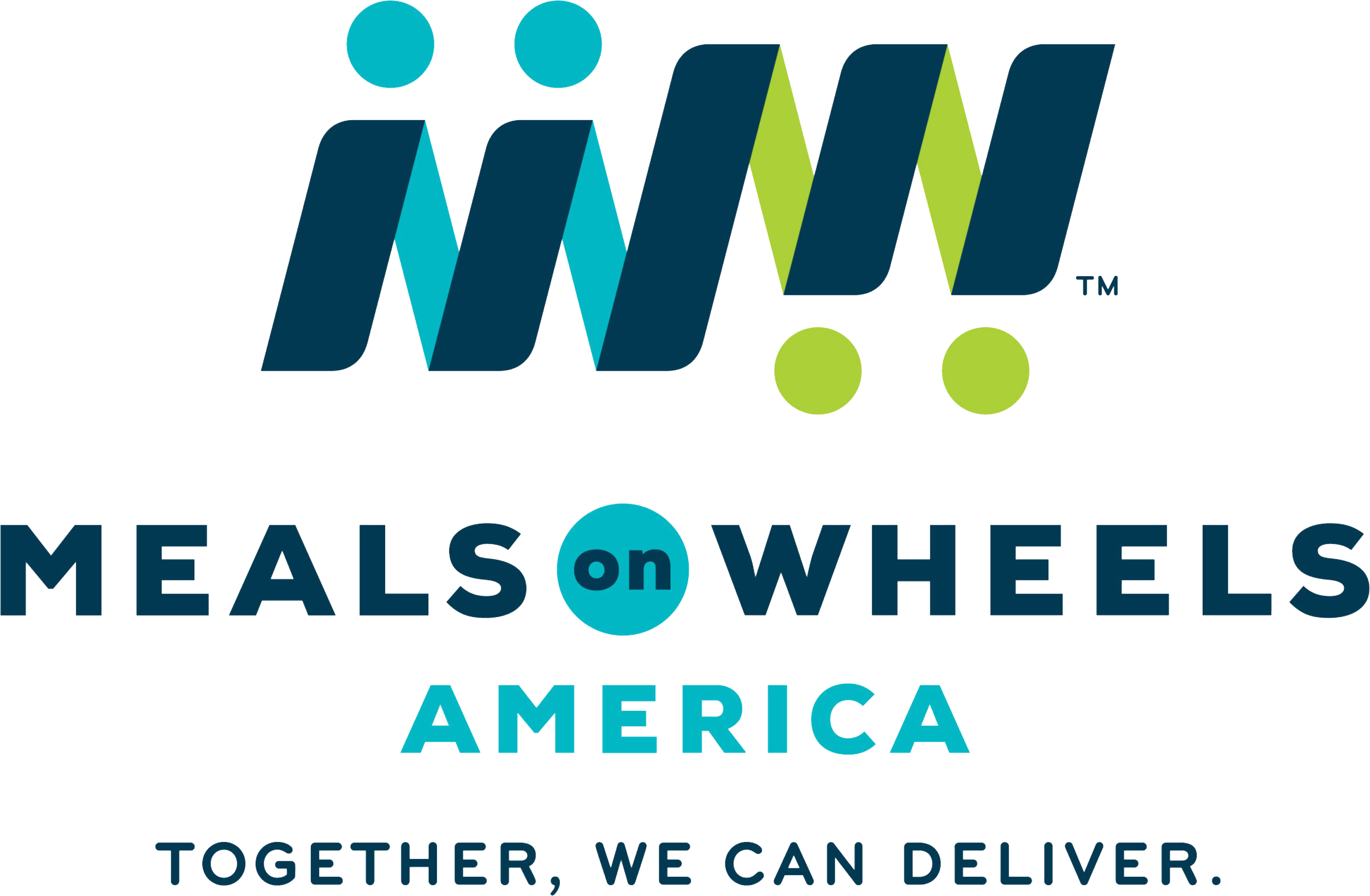
Independent Living
Services are provided for persons over age 60, family caregivers or adults with disabilities.
Independent Living FAQ
Elder Abuse is a crime. Ageism is at the heart of Elder Abuse. Ageism’s impact results in older adults being ignored, minimized, disrespected, and often either physically or financially abused in a variety of manners. Intentional or non-intentional … ageism is a moral offense which very frequently leads to crime against older adults.
Many … physical, emotional, sexual, verbal, theft, coercion, neglect, abandonment are among the worst Elder Abuse crimes.
Tennessee is a Mandatory Reporting state. That means if a Tennessee resident even suspects an adult age 60 or over is being abused, law requires that person to report suspicions and/or evidence to Adult Protective Service. To report either call: 1-888/277-8366 or visit: https://ReportAdultAbuse.dhs.tn.gov. The person who reports may remain anonymous if so desired.
Always show respect to an older adult. Elder Abuse is often a hidden scenario. Never ignore Elder Abuse. Always report if you even suspect abuse is being committed. Take action: be a part of any community opportunity geared toward helping older adults. Inquire if there is an ElderWatch Affiliate in your county. If so, join the effort. If not, contact agencies, entities, and city/county government and advocate for organizing an affiliate.
Effective guidelines to fight against Elder Abuse:
1) Help to enable older persons to act for themselves and on their own behalf
2) Be proactive to communicate that elder abuse happens and is a problem
3) Help others to perceive older adults more favorably as positive contributors to society
4) Break down the barrier of social isolation and encourage closer and positive contact between generations.
Listen to the facts about elder abuse … Believe those facts … Act on that belief.
The International Network for the Prevention of Elder Abuse
National Center on Elder Abuse
The Elder Justice Coalition
http://www.elderjusticecoalition.com/
Administration on Community Living
https://www.acl.gov/search/node?keys=elder+abuse
National Council for Aging Care
http://www.aginginplace.org/guide-to-recognizing-elder-abuse/
The Senior Nutrition Program provides a nutritious meal to persons age 60+ and/or the spouse of someone 60+ through Congregate Sites or by Home Delivery.
Clients must be considered Adult Protective Service clients referred to the program by the Department of Human Services. Clients are referred from the Children’s Service Agency (CSA) due to neglect or need.s.
The Long-Term Care Ombudsman program is available in Blount County, Claiborne County, Campbell County, Anderson County, Knox County, Morgan County, Cocke County, Grainger County, Hamblen County, Jefferson County, Loudon County, Monroe County, Roane County, Scott County, Sevier County, and Union County









